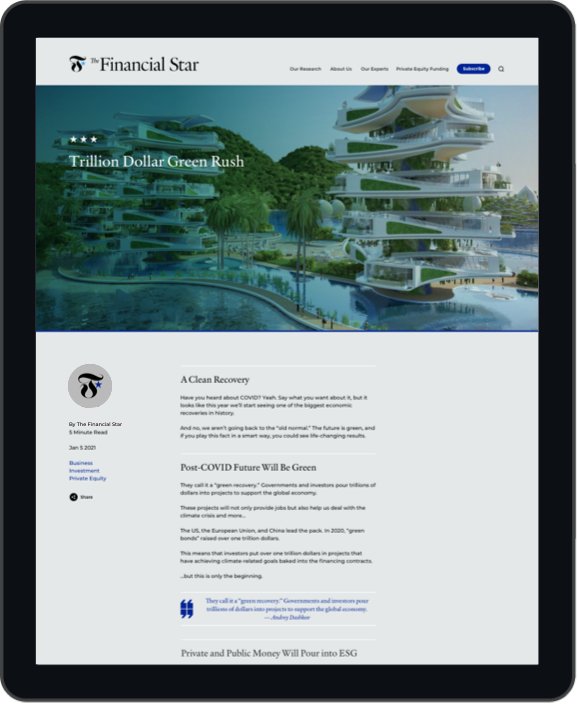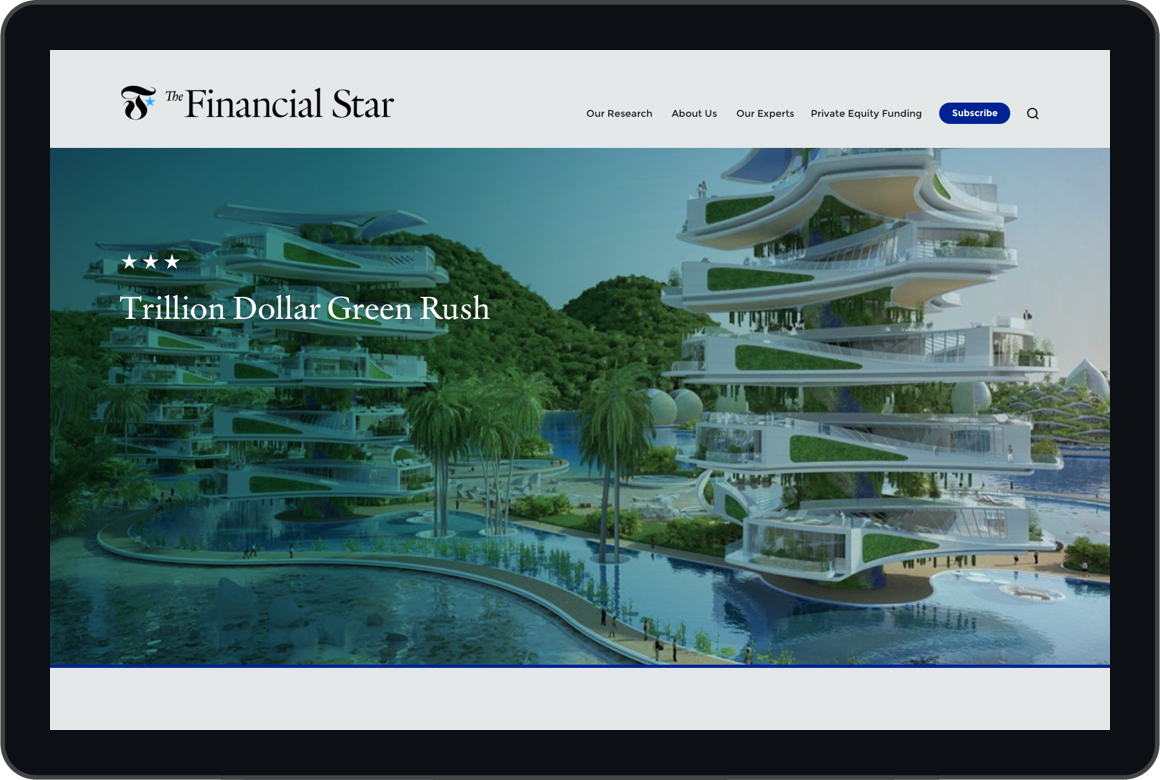The Times They Are A-Changin’
The winds of change are blowing in the United States. Biden is now the President and just hours after being sworn in, he reinstated the US to the Paris climate agreement. It’s a clear signal to the world that Biden’s presidency will make climate a priority.
Single use plastics are a massive concern for wealthy consumers. We produce over 300 million tons of plastic every year. 91% of that is never recycled. Further, not everything that gets put in a recycling bin is recycled. In fact, around 60% of all plastics produced end up in a landfill or in the natural environment.
When consumers realize a company lied to them about their commitment to an eco friendly initiative (commonly referred to as “greenwashing”), the company suffers some punishment. Consumers shift to other brands in many cases and sometimes penalties are levied against the guilty firm. So which companies are ready with new products to assuage the eco-anxiety much of the population is feeling right now? Whether proactively or reactively, companies will be appealing to consumers with more eco-friendly offerings in the years ahead.
Consumer spending has proved resilient even with the COVID economy draining the bank accounts of people around the world. So the incentive to assist large, established companies in creating new green innovations is strong.

We’re Not Gonna Take It
After over 25 years of accepting boatloads of garbage from wealthy western nations, countries including the Philippines and Malaysia are refusing to accept more trash into their ports. The Philippines gained some attention when they shipped 1,500 tons of garbage back to Canada.Put simply, we are running out of places to store our disposables. We need to make some changes. We can start sending our garbage elsewhere (on or off Earth), but that seems unlikely. The easier alternative is to reduce our usage of garbage items generally and single use plastics specifically.
Who Cares Wins
As more people learn about the problems associated with single use plastics and policies shift to address the urgent climate crisis, businesses that reduce consumption of single use plastics are positioned enviably. We’ve seen these trends before with conflict diamonds and precious metals.
The new wave of consumer cares about whether the products they use increase their carbon footprint, and they are willing to pay a premium price in exchange for a product that allows them to reduce their impact on the environment.
Gen Z specifically, is more willing to pay 50% to 100% more than the original price of the good if they know it is sustainably made. Gen Z is the largest generation right now, making up 32% of the global population. So a sustainable company will win but a sustainable company with a product Gen Z wants can deliver a much larger gain for your portfolio.
Change Hurts
Ideally, we all want to reduce our carbon footprint without much impact to our daily lives.
4.4 pounds of garbage is generated daily by the average American. It’s fair to assume the global middle class is adopting spending habits similar to these Americans, in terms of garbage creation. In 2018, half the world population was middle class or wealthier and the middle class has grown since. It’s my belief that the growing middle-class population, which is fueling a boom in spending, is ready to consume its way to lower garbage creation.
Compostable products are part of what experts call the circular economy. In a circular economy, we continually look for and pursue opportunities to reduce waste. Canada has already started with a single use plastics ban of certain products including straws and cutlery, and six-pack rings.
Ultimately, we’re habit-driven creatures. Changing our behavior needs to be easy if we want it to stick. So, when a company creates a product that gives consumers a chance to buy something they already want every day and feel good about it, it’s safe to say that the product will do well. Look at takeout orders during the past year.


Both user and revenue growth was massive. Now imagine you held a company in your portfolio that sold the sustainable packaging for every single order that arrived at someone’s door. Regulatory requirements mean your customer has to switch to an innovative product like yours. The market size is clearly established and the existing suppliers face the innovator’s dilemma (it’s easier to serve existing customer needs than it is to spend money innovating to serve an expected future need). An opportunity like this is rare.
Subscribe to get all the updates you need to keep your portfolio growing. We can’t say more right now, but there’s a company with a great use case. They’re part of a value chain that delivers a product over half of adult Americans use every single day. Stay tuned!













